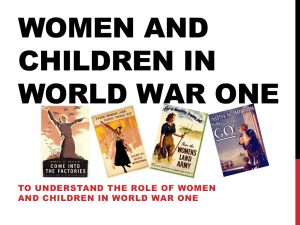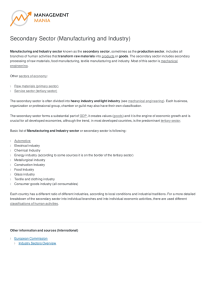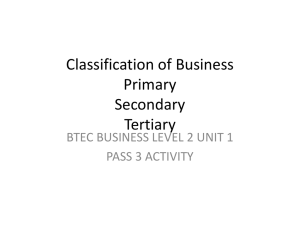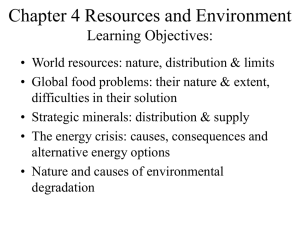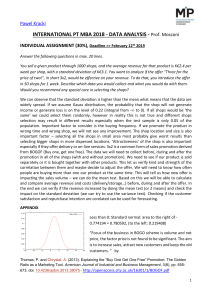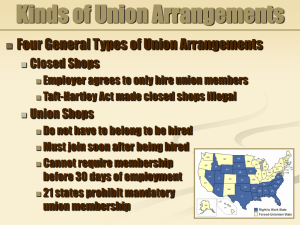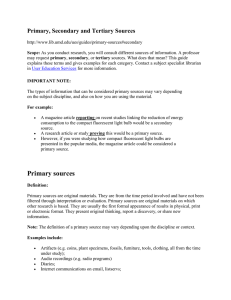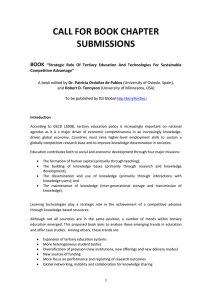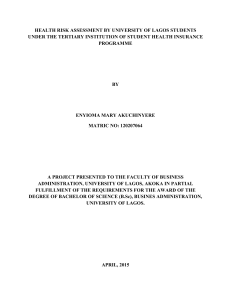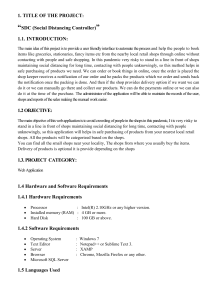Business activities
advertisement
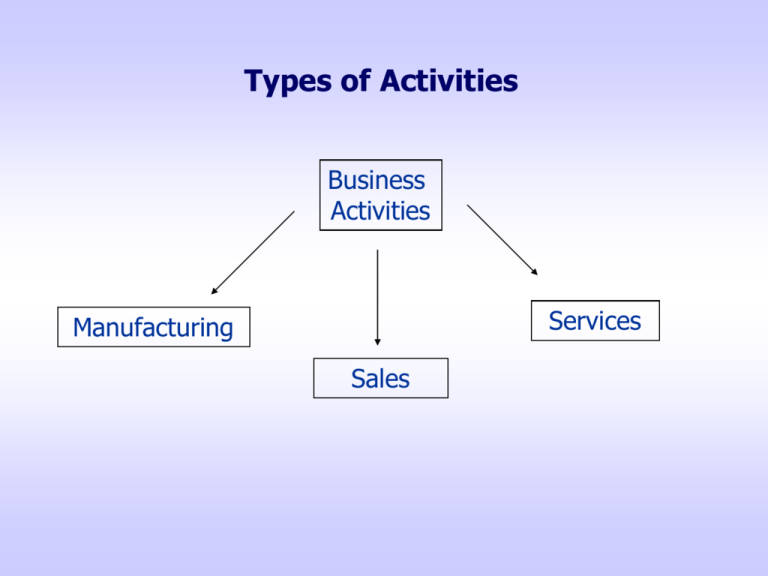
Types of Activities Business Activities Services Manufacturing Sales Manufacturing Producing (making) goods which are then sold, called capital goods or consumer goods. Capital goods: goods sold and used by a business Consumer goods: goods sold to and used by individuals for their personal use. Catalogues Shops Internet Sales Markets Mail Order Wholesale Leisure and Sport Transport Health Care Services Financial Services Communications Internet Service Providers Trends that affect business activities M New legislation and standards introduced by the government. M Levels of spending by households and business. M Social trends – which affect how people spend their money and time. M Technological changes and advances. M Competitors entering and leaving the market. M The type of staff they can attract and wage rates. INDUSTRIAL SECTORS PRIMARY SECTOR includes those businesses involved with growing or extracting materials from natural resources, i.e. farming, mining and forestry. SECONDARY SECTOR includes businesses involved in manufacturing and construction, perhaps using the products of the primary sector. TERTIARY SECTOR includes businesses involved in providing services, I.e. shops, mobile phone service provider and a hairdresser. Industrial Sector (Supply Chain) PRIMARY SECTOR SECONDARY SECTOR TERTIARY SECTOR STRUCTURE OF EMPLOYMENT 2003 Agriculture & Fishing 2% 6% 1% Energy & Water 14% Manufacturing Construction 26% 8% Distribution, Hotels & Rest. Transport & Comms Banking & Insurance 20% 16% Public Admin, Health & Education Other Services 7% Taken from: http://www.statistics.gov.uk/downloads/theme_labour/emp_by_occ_ind.pdf
